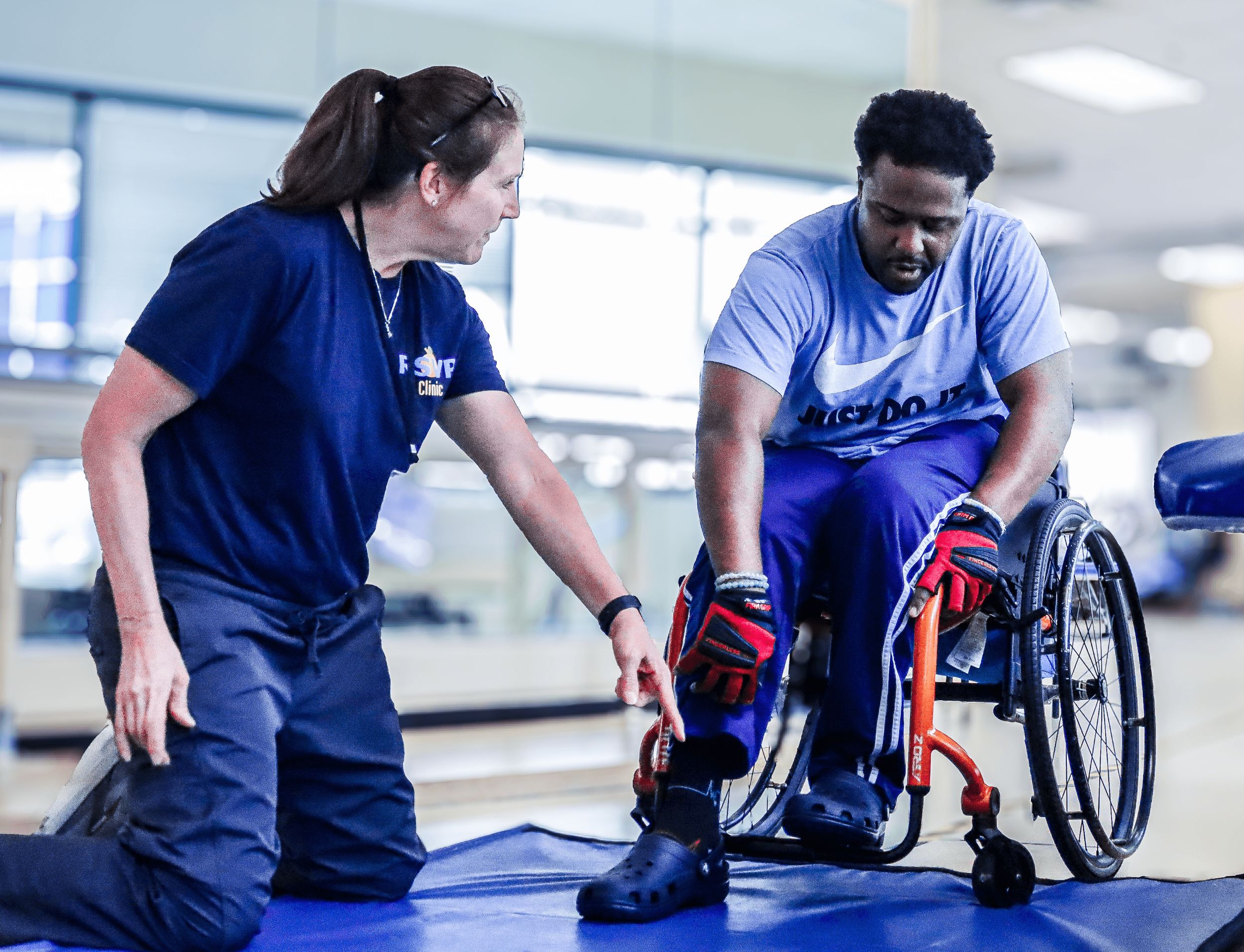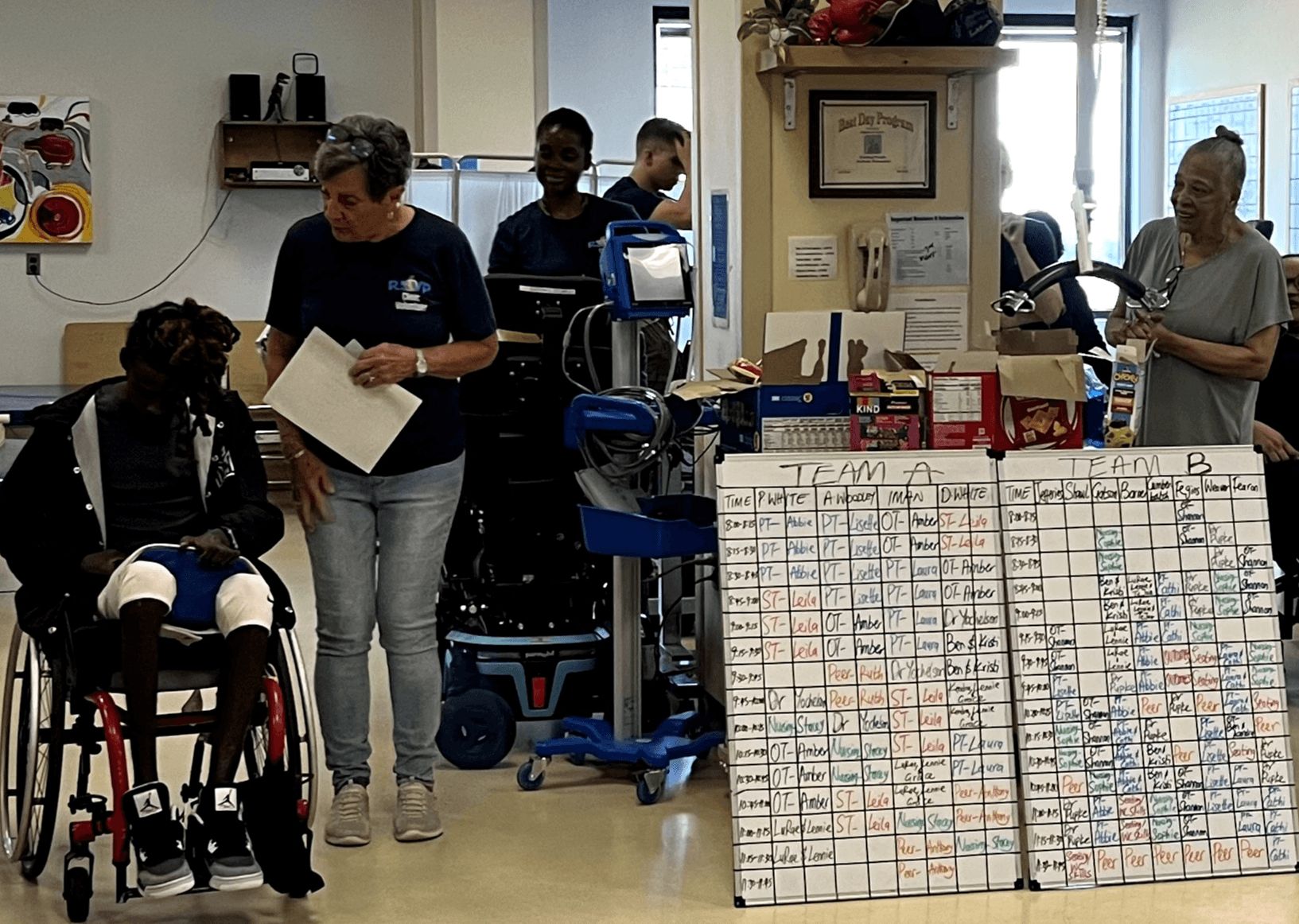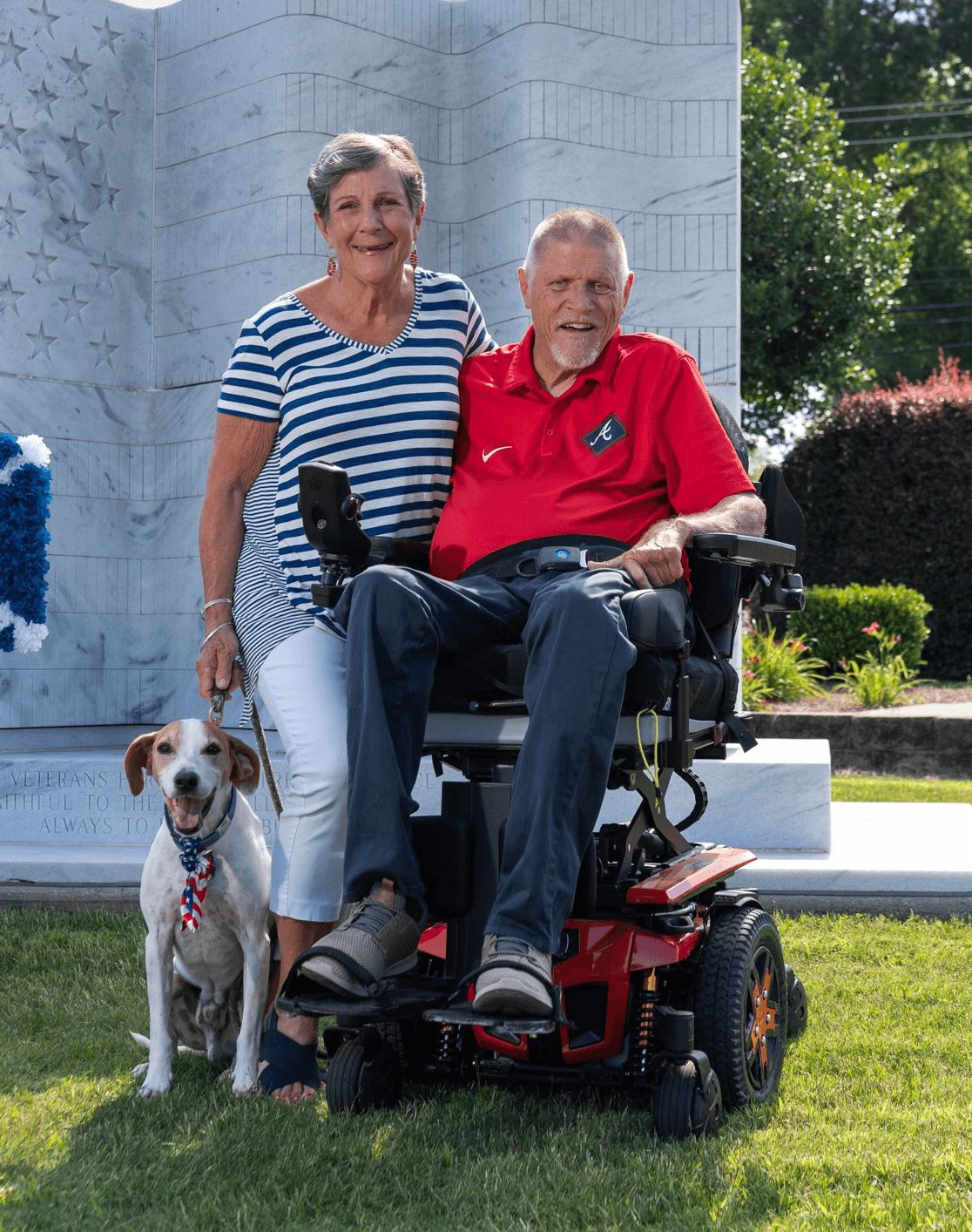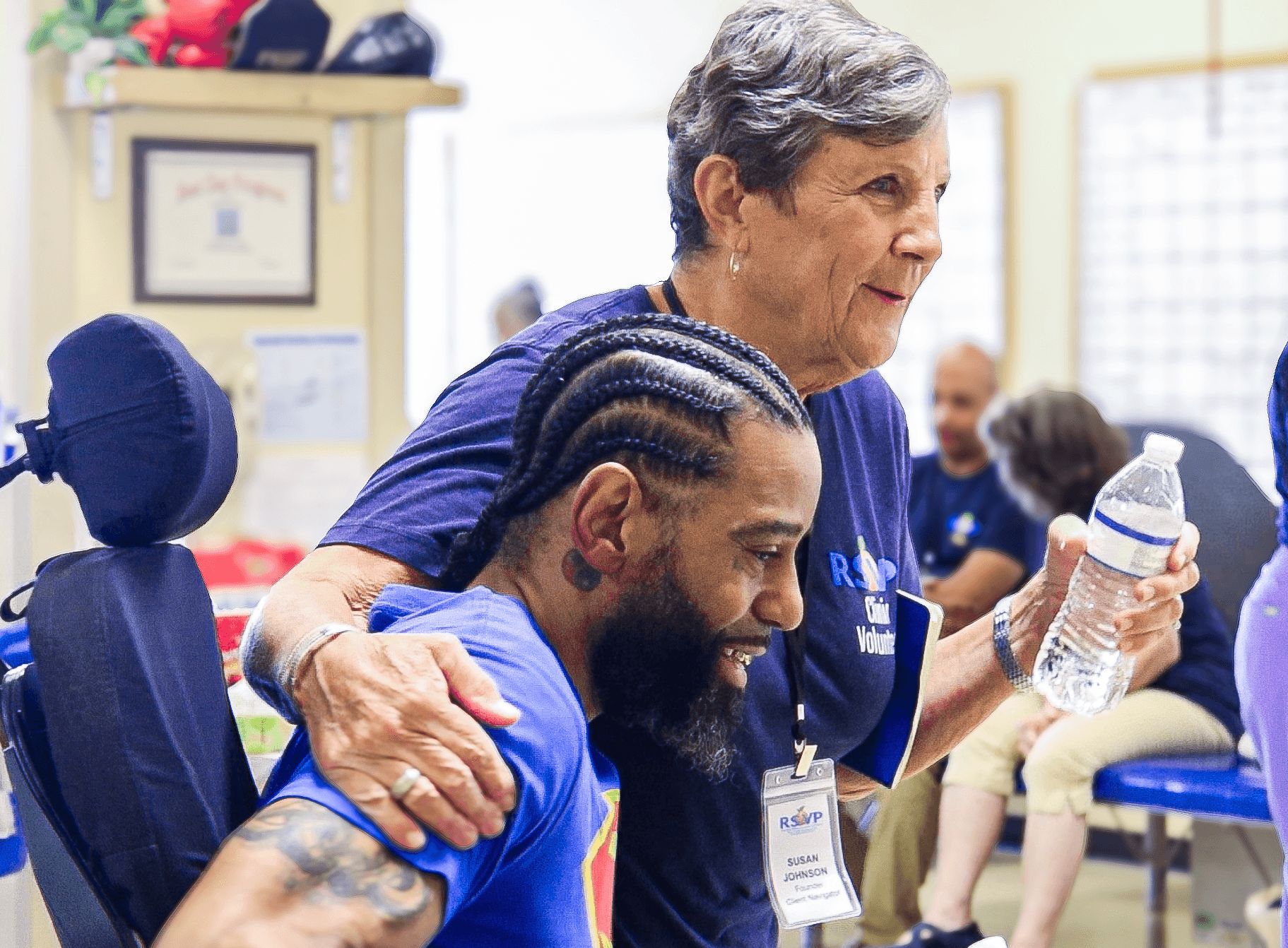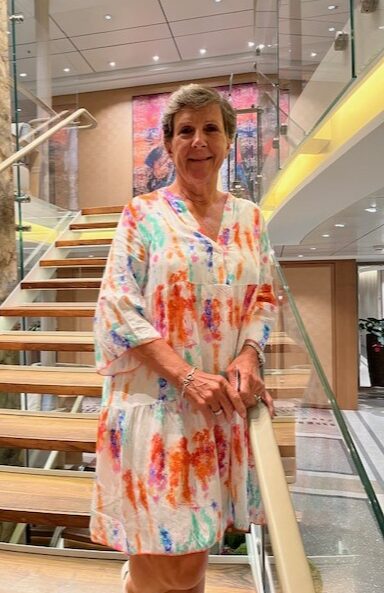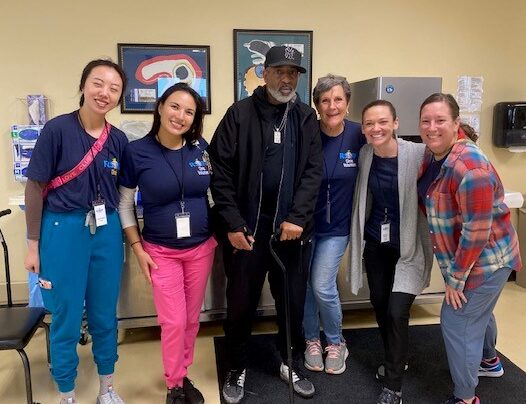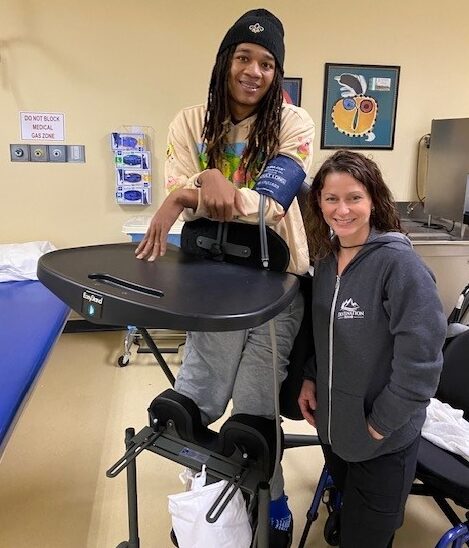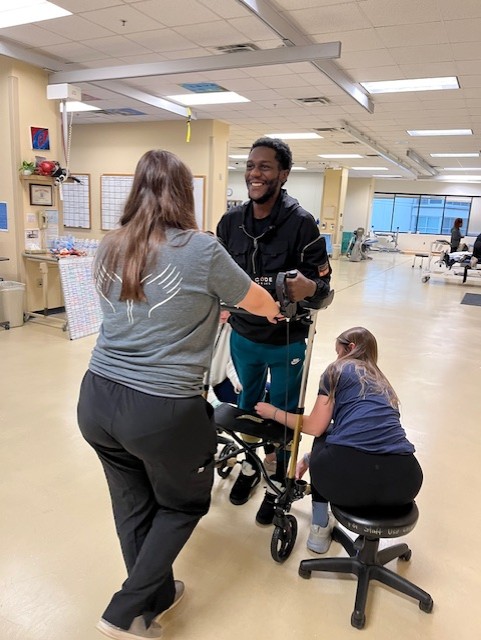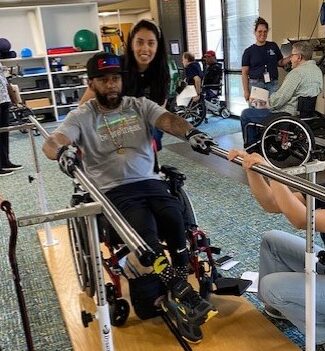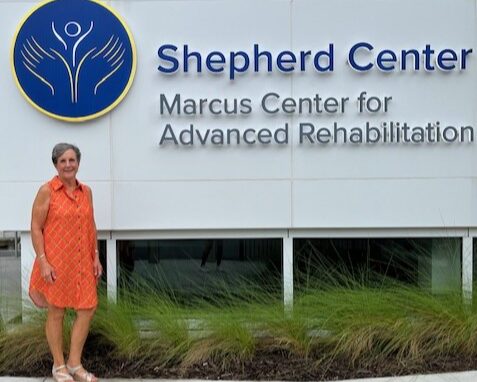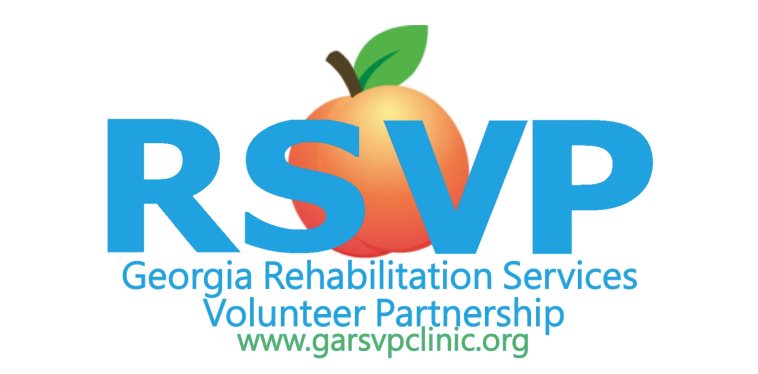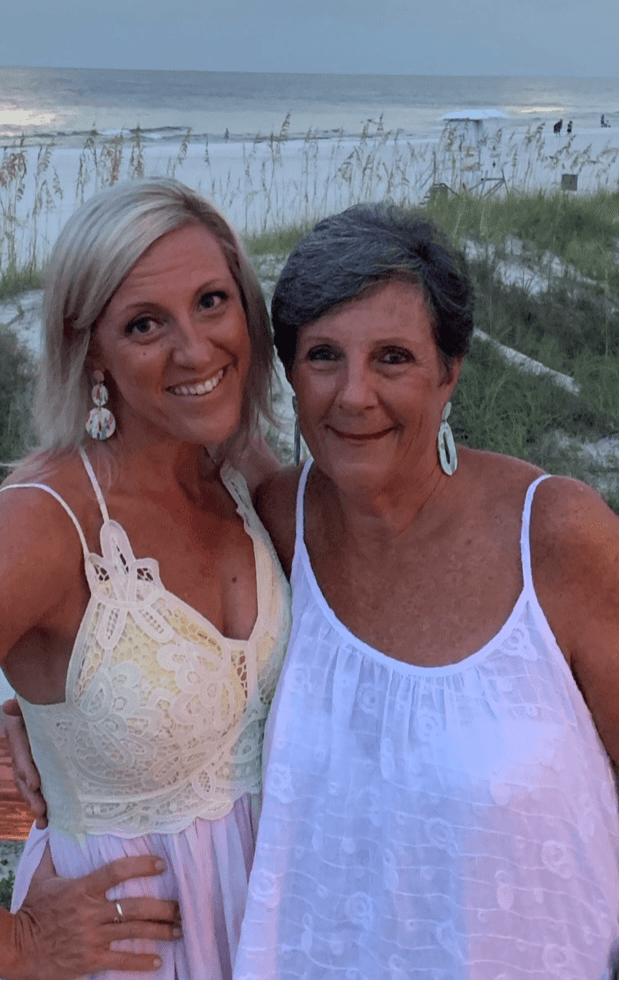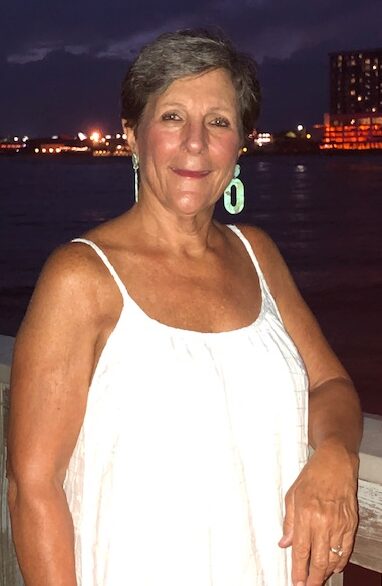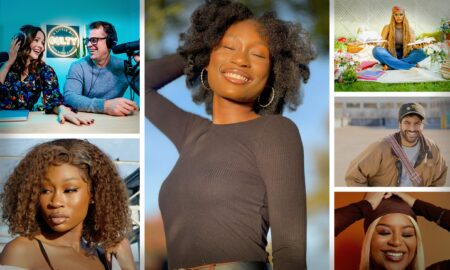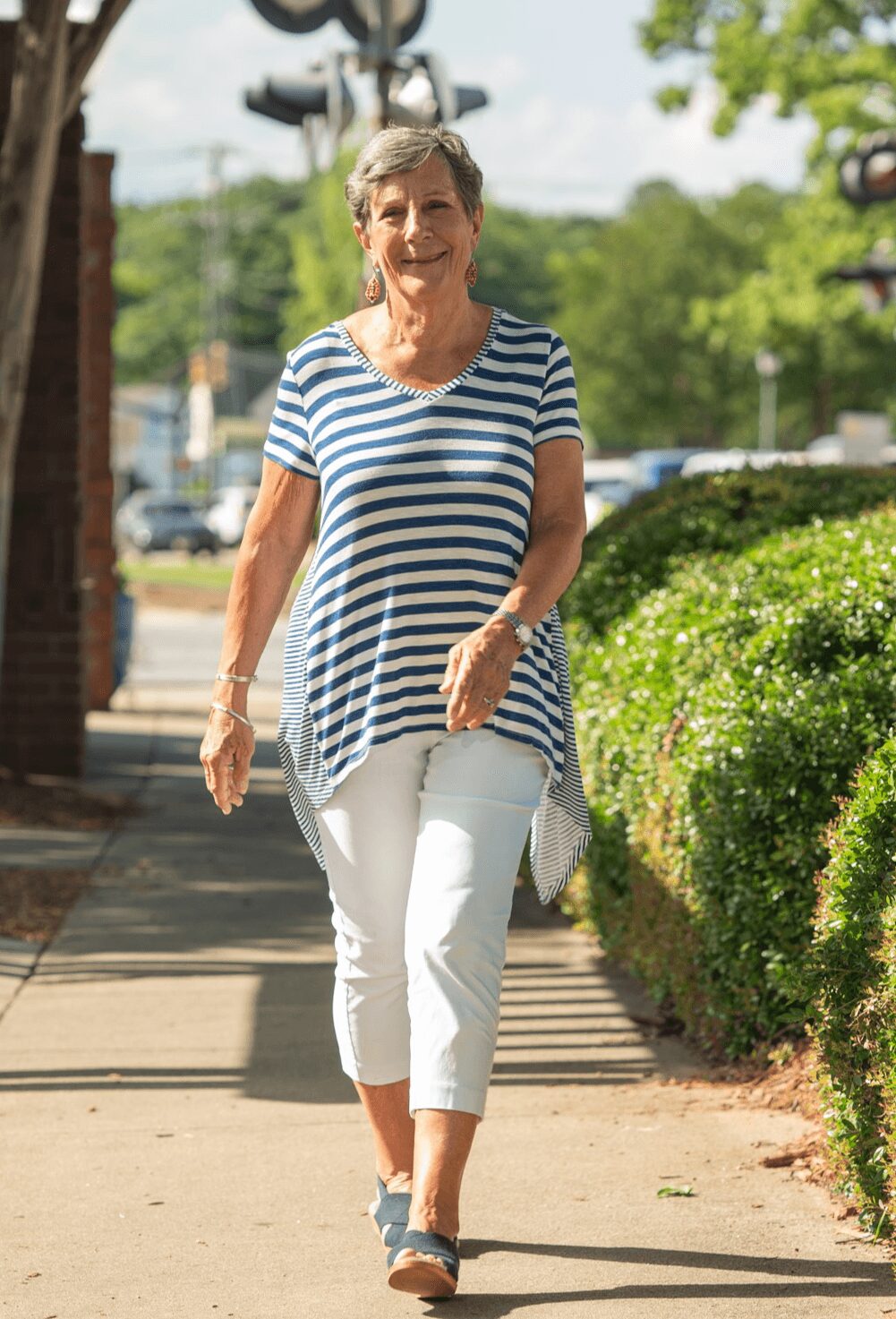

Today we’d like to introduce you to Susan Johnson.
Hi Susan, thanks for joining us today. We’d love for you to start by introducing yourself.
I am Susan Johnson MA, CCC-SLP (Retired). I grew up in Rockford, Illinois as a child and then my parents moved to Florida where my journey took me to the University of Florida, where I earned my degree in Education/Speech Language Pathology, and quickly discovered my passion for leadership. I served as Vice President of Panhellenic and Chaplain of my sorority. My pursuit of knowledge led me to the University of Tennessee for a master’s in Speech Language Pathology, and soon after, I landed my first job at the Charlotte Rehabilitation Hospital. There, I worked with both children and adults, guiding them through speech, language, and cognitive challenges, and found my true calling in adult neuro rehabilitation. Drawn to the challenges and rewards of stroke and traumatic brain injury care, I moved to Denver, Colorado, to join a 900 bed teaching hospital’s Neuro Trauma Unit. I immersed myself in a multidisciplinary environment, where doctors encouraged clinicians to participate in medical rounds and innovation was welcomed. This is where I helped establish a Swallowing Program, partnering with radiologists to include videography for swallowing evaluations and treatment. Alongside this, I co-founded a support group for brain injury survivors and their families, and began speaking locally and regionally to raise awareness for their needs.
Life’s journey led me to marriage with Mark Johnson, a driven advocate for people with disabilities who himself had a C4-5 spinal cord injury. Together, we welcomed our daughter, Lindsey Nicole, and eventually moved to Atlanta, Georgia, to be closer to family. In Atlanta, I helped launch a community-based rehabilitation day program for adults and children with brain injuries, a project so successful that I was recruited by Children’s Hospital of Atlanta to expand their Brain Injury Program from a 10-bed unit to 25 beds.
My career then brought me to Shepherd Center a nationally recognized leader in spinal cord injury rehabilitation to develop a Brain Injury Program where I spent 22 years of service. By the time I retired, the Brain Injury Program had grown into a 60-bed inpatient rehabilitation unit, with innovative initiatives like a Disorders of Consciousness Program, community day and residential services, and an outpatient concussion program. A highlight program came when Bernie Marcus from the Marcus Foundation gave money to Shepherd Center to develop the SHARE Military Initiative, now a nationally recognized program serving veterans with TBI and PTSD a legacy that continues as AVALON.
Throughout my career, I have spoken at local, regional, and national conferences, advocating and educating for the needs ans supports for people with brain injuries and their families. One of my proudest collaborations was with the Disorders of Consciousness Family Education Task Force with the American Academy of Rehabilitation Medicine, where we developed a comprehensive family education website, now housed at BrainLine.org.
As retirement approached, I attended a symposium that would change my direction once again. I learned of a program offering free outpatient neuro rehabilitation for people with brain, stroke, and spinal cord injuries who were uninsured. This resonated deeply as I had seen firsthand the erosion of healthcare access, with shorter stays in rehabilitation, limited outpatient care, and nearly nonexistent options for the uninsured. I knew this was my next calling.
We all face challenges, but looking back would you describe it as a relatively smooth road?
The establishment of the clinic presented numerous challenges. Initially, obtaining Board of Directors and General Liability insurance proved particularly difficult. Over twenty insurance providers declined coverage due to uncertainty regarding the clinic’s mission and concerns about the risks associated with launching a new healthcare entity during the COVID-19 pandemic. Ultimately, we were able to secure coverage from a company experienced in insuring disability rehabilitation clinics, which enabled us to proceed with opening the facility. The onset of the pandemic introduced additional complexities. The clinic was required to implement comprehensive safety protocols to protect both vulnerable patients and individuals under the care of Shepherd Center. Adhering to these rigorous standards for clients and their families was essential, and our team demonstrated resilience in addressing the corresponding logistical and health-related challenges.
Over time, broader systemic issues became evident, particularly disparities among client populations. Brain injury clients had a median age of 47, whereas spinal cord injury clients averaged 32 years old, many of whom were uninsured due to high premiums or perceived lack of necessity. One case involved a young forklift operator who developed a wound in the hospital and was discharged without access to home health care and or rehabilitation. The wound then got infected and he went to the emergency room where he was sent him home with antibiotics but no recommendations for what to do post discharge because he had no money and or insurance
A significant obstacle has been the extended waiting period, sometimes a year or longer for disability income via Social Security, with similar delays affecting Medicaid eligibility. In the interim, uninsured clients frequently resorted to emergency departments for basic and specialized medical care, which is suboptimal for managing complex, long-term health needs. Consequently, our team rapidly expanded its knowledge of resources available to uninsured and underinsured individuals facing financial constraints.
Social determinants of health emerged as substantial barriers to recovery. Without adequate income, affording medical care, medications, equipment, essential supplies, food, and housing posed considerable challenges. To mitigate these difficulties, the clinic actively sought additional resources and increased fundraising efforts to support clients until they qualified for health insurance and income assistance.
In summary, both the clinic and its clients have navigated an interconnected set of financial, logistical, and systemic challenges. Addressing these obstacles through persistence and innovative problem-solving and passion has been integral to sustaining the clinic’s mission.
Thanks – so what else should our readers know about Georgia RSVP Clinic?
About six months into retirement, I gathered a team of passionate therapists, doctors, and nurses to address this critical void for neuro rehabilitation. At its core, Georgia RSVP’s mission is simple yet profound: to provide free comprehensive neuro outpatient rehabilitation for those who are uninsured or underinsured, maximizing independence, wellness, and participation in life. The clinic’s vision, “Ability for All,” is more than just a slogan,it is a guiding principle. This vision comes to life on the second Saturday of each month, when a diverse group of volunteers of doctors, nurses, therapists, counselors, peer supporters, and other administrative professionals offer their expertise and empathy to clients seeking a second chance. Since its inception in 2020, the clinic has become a lifeline for many. Celebrating its fifth anniversary, Georgia RSVP has had impressive milestones: more than 90 clients served, over 100 volunteers contributing upwards of 8,000 hours, and 11 partnerships with organizations across the region. With funding surpassing $200,000 thanks to grants and generous donors, the clinic is able to support clients with specialized medical care, equipment, supplies, food, transportation, and interim housing while they await government assistance.
Our work extends beyond clinical care. Case managers help clients and families navigate social services, charity care, and low-income resources. Recently, the clinic received a grant from the Atlanta Community Foundation to build a vetted resource database with over 350 entries that will soon be accessible online to benefit not only clinic clients and their families but also others transitioning from acute hospital care with limited support options.
Antoher highlight is the Georgia RSVP believes in nurturing future leaders in neuro rehabilitation. Its student program offers mentoring, volunteer opportunities, and scholarships to promising young professionals, ensuring the next generation continues this vital work. In recognition of all of our efforts, the clinic received the American Academy of Physical Medicine and Rehabilitation’s 2023 Distinguished Public Service Award for Health Equity and Advocacy—an honor that reflects its commitment to the quality of life for vulnerable populations.
Looking ahead, Georgia RSVP has laid the groundwork for long-term growth by establishing funds to hire an Executive Director, a key step in shaping strategic direction and sustaining community impact. And through all these advancements, the clinic remains volunteer-driven, keeping its focus on serving those who need it most. The clinical outcomes have been phenomenal: people are returning to work, to school, and to full participation in their families and communities,restoring hope, one life at a time.
Georgia RSVP Clinic is not just a place; it is a movement. It is a community of hope, where lives are rebuilt and futures are reimagined, proving that with the right support, recovery and living a quality of life are within anyone’s reach.It has been a journey for me and so rewarding that we are helping people get back to life with their new normal. Witnessing the RSVP Clients and their families rediscover hope and take steps toward reclaiming their lives has been a humbling experience, reminding me of the strength and determination that resides within us all, when given a chance. Clients have said: “I feel so blessed to have found out about the clinic. They have provided hope , been caring and so supportive to ensure I live my new life.” I do not know what I would have done otherwise” “The clinic and its volunteers are like angels” . They helped me get in a better spirit & to accept my new lifestyle in a chair.”
We’d love to hear about any fond memories you have from when you were growing up?
My earliest memory is of my mother’s dedicated volunteer work with the Junior League, especially her efforts on the annual “Coming Up Roses” fundraiser. I helped make backdrops filled with tissue roses, learning early on the value of helping others. Her example showed me that volunteerism means more than giving, it’s about creating connections, spreading joy, and inspiring hope. Growing up, I learned from her the importance of teamwork, compassion, and making a difference. The friendships and celebrations around the event each year left a lasting impression. My mother’s commitment still reminds me that service is an incredible way to uplift others and strengthen community.
Contact Info:
- Website: https://www.garsvpclinic.org/
- Instagram: https://www.instagram.com/garsvp/
- Facebook: https://www.facebook.com/Georgia-RSVP-115842823536787
- Linkedin: https://www.linkedin.com/in/garsvp-clinic-6660851b3/
- Twitter: https://twitter.com/GA_RSVP
